Erica Garner died of a heart attack on December 30, 2017 at the young age of 27. Her death came three years after police squeezed her father, Eric Garner, to death.
As an indicator of solidarity and through acts of protests, people say and chant the last words of Erica Garner’s father—“I can’t breathe.” These are the exact same words Manuel Ellis cried out while being restrained by police in Tacoma, Washington in March. They were among the final words that George Floyd cried out in his last moments of life in late May. These are the words now on the lips of millions, etching out their discontent with and uprising against the systemic racism that marginalizes Black, Brown, and indigenous lives across the world.
The traumatic life event of losing her father spurred Erica Garner into activism focused on reform policing. Her activism fell step and line with an expansive array of organizations dedicated to the defense and liberation of the lives of Black people. As a form of racial trauma, interactions with the police elicit fear, anxiety, and hypervigilance, especially among socially marginalized populations.
Erica’s death highlights the collateral consequences of carceral grief – or, mourning associated with the death of a loved one at the hands of the criminal legal system. Black and Brown people are more likely than Whites to grieve during their lifetimes. They are also over 3 times more likely to be killed by police use of force. Our article illuminates the health risks of living with lethal police violence – a type of violence that brings on carceral grief.
Research shows that aggressive policing debilitates health. Police contact increases symptoms of trauma and anxiety and worsens self-assessed health. Being harassed by the police within the past year is also linked to psychological distress. Even vicarious police contact (interactions that occur to others) worsens health, especially when such contact is perceived to be a result of injustice. Moreover, people living in neighborhoods that are more exposed to police violence report a host of illness conditions including poorer self-rated health, higher levels of diabetes, blood pressure, asthma episodes, obesity, and psychological distress. These patterns hold even after controlling for a host of factors.
Our research, forthcoming in Ethnic and Racial Studies, indicates that people living in areas where police kill more civilians are more likely to be obese and diagnosed with high blood pressure. Moreover, while men’s mental health is more likely to suffer in neighborhoods where police frisk and use force more often, women’s health is more likely to suffer in neighborhoods where police kill more often. Women living in neighborhoods with more police killings report more diabetes, blood pressure, and obesity than men.
These statistics chillingly capture the last years of Erica Garner’s life. Women are often the ones who have to pick-up the collateral consequences of state-sanctioned violence. They take on greater responsibility for caregiving grieving families and displaced children and shoulder a greater burden of economic contributions. Women are also the ones, like Congresswoman Lucy McBath (mother of Jordan Davis), Sybrina Fulton (mother of Trayvon Martin and candidate for Miami-Dade County Commissioner), and Lesley McSpadden (Michael Brown’s mother and former candidate for Ferguson City Council), who continue to engage in activism for racial equity and police reform, while dealing with the mental, emotional, and physical consequences of publicly live out their deaths of their sons on a regular basis.
Consequently, carceral grief elicits a qualitatively different form of mourning than the typical instances of bereavement. When police kill in the pursuit of enforcing the statutes, norms, and routines of the criminal legal system, they are operating under the instructions of the state. In fact, their commission of homicide is often protected from prosecution by the state. The death of the civilian involved, then, is formally sanctioned by the state. Such homicides do not occur at random, but instead, are solely caused by police and other law enforcement officers during the pursuit to bring accountability to suspects who engage in alleged criminal behavior.
By extension, the grief induced by such acts of violence are also sanctioned by the state. When something is state-sanctioned, the incident was supposedly delivered in the name of justice. Yet, many of these homicides are actually not just. In the case of Erica Garner, the choking of her father – captured on video for millions to see – was an injustice. And, with the death of Erica Garner, justice was one again deferred for an entire family.
The protests against the killing of George Floyd that rage through our streets today are not just about the death of a Black man. They are about the murderous intent of a police officer so blatantly bent on taking Black life and those around him that cleared the space for him to complete his transgressive act. These protests are about the failure of our criminal legal system to bring justice to the communities that are left behind – many communities led by women. These women, who already cope with their own personal and vicarious fear of the police are essentially told by the government that their grief is not only a normal part of being Black in America but also state-sanctioned, state-ordered, and state-permissed.
Carceral grief is driving the protests that are happening in America and, ultimately, why #GeorgeFloydProtests are calling for a fundamental restructuring of American foundations based on the legacy and continuation of systemic racism. These protests are driven by the need for systemic change to not only the carceral system, but also the social, cultural, political, and economic structures that hold the components and features of the carceral system in place. If the same collateral conditions that killed Erica Garner are present in all women living in neighborhoods imbued with lethal police violence, then homicides by police are just the arc of the epidemic. That epidemic also includes the illness spillovers that embed themselves into the bodies of Black people and, particularly, the bodies of Black women.
There are many more “Ericas” out there. These are women who live sick because they are called upon to do the job that the state will not do. In 2019, an Erica Garner was created every 8 hours as each of the lives of 1,098 people were taken by police. To curb police violence, policy solutions have ranged from abolishing police, defunding police departments, divesting financially from policing and mass incarceration, and restructuring civilian payouts for police misconduct. As police reforms materialize in some places, it is clear that solutions are not only needed to avoid the next Eric Garner and George Floyd, but also to avoid the next Erica Garner, whose body is transformed by police violence even if it is not actually put in a chokehold, kneed in the back of the neck, or hit by a bullet.
The Brookings Institution is committed to quality, independence, and impact.
We are supported by a diverse array of funders. In line with our values and policies, each Brookings publication represents the sole views of its author(s).
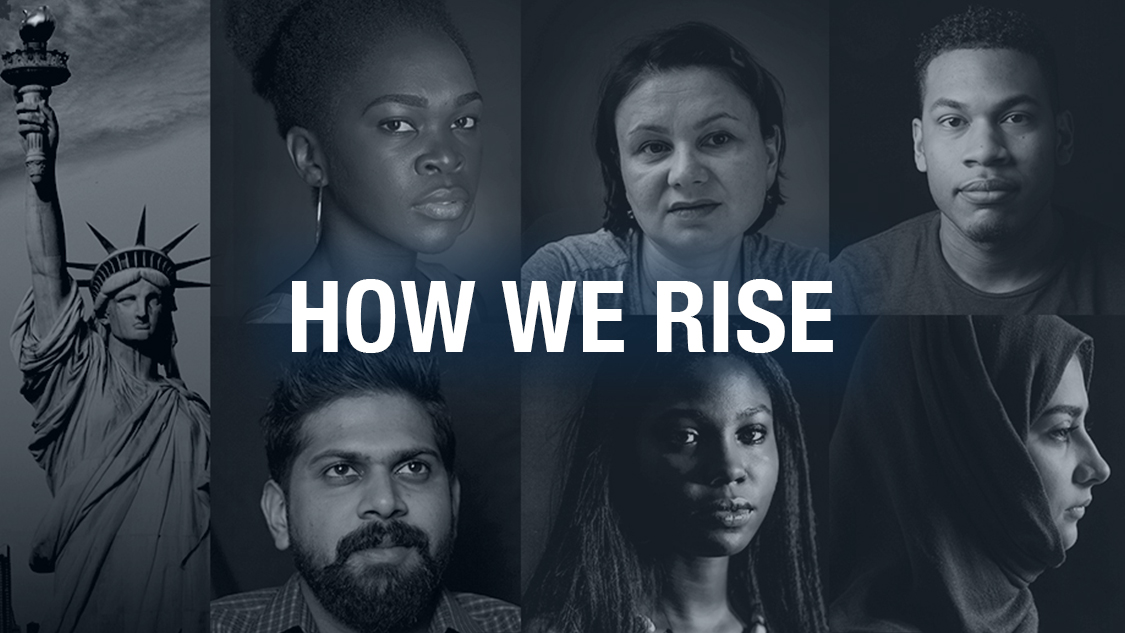
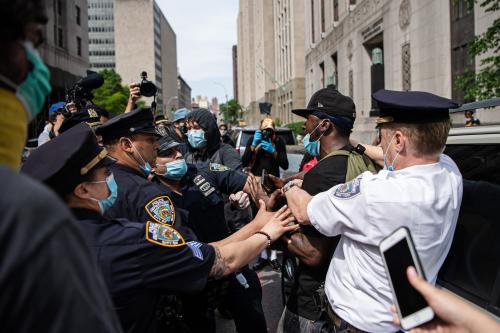
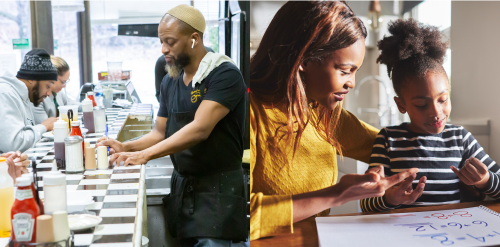



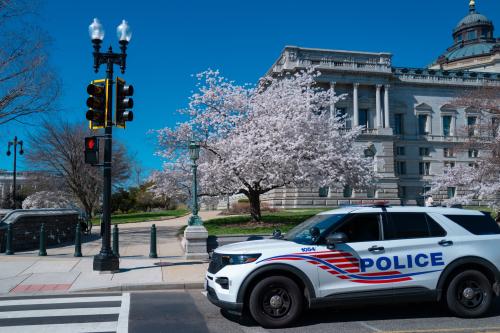
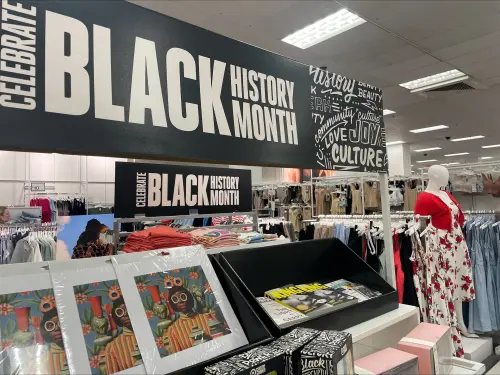
Commentary
The collateral consequences of state-sanctioned police violence for women
June 11, 2020